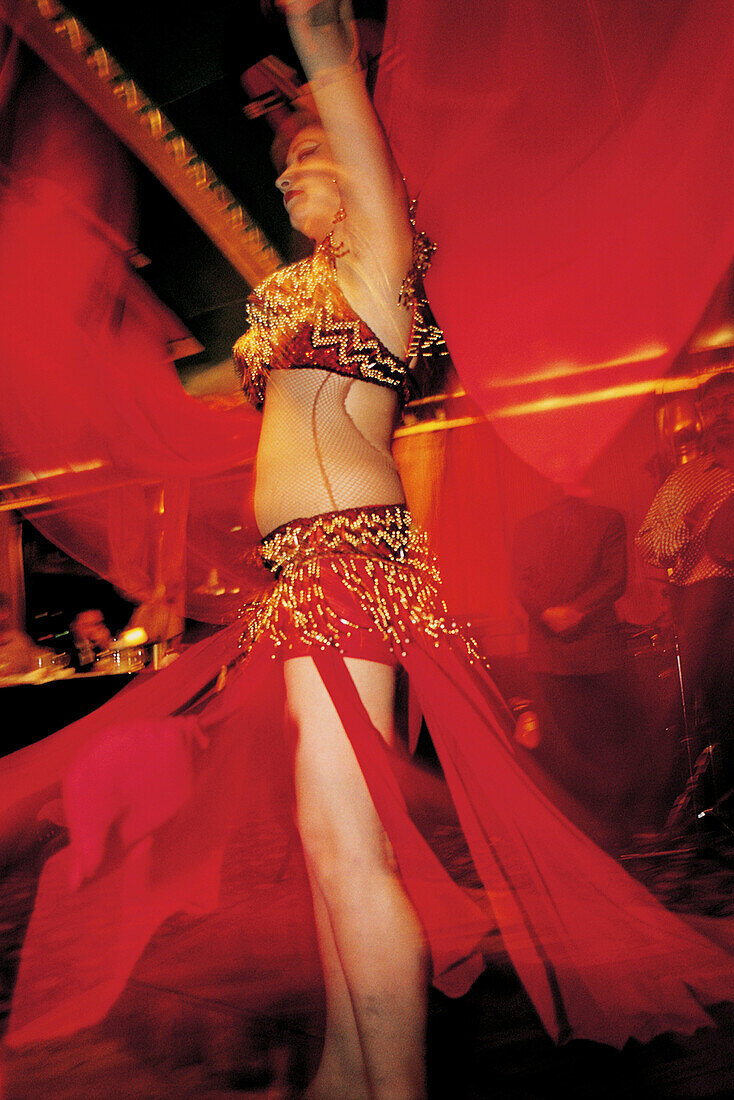
WEIGHT: 65 kg
Breast: DD
1 HOUR:100$
NIGHT: +50$
Services: Sex oral without condom, Sub Games, Fetish, Striptease, Naturism/Nudism
There were male dancers as well, including men who performed movements associated with women and who were pejoratively called khawal. Traditional Ghawazi dancers have become less common as time passes. The Banat Mazin are famous for their traditional Upper Egyptian vintage-style costume, so you can see how the movements would be affected by the costuming.
Both terms are 19th-century euphemisms for " erotic dancer "; [ 4 ] almeh literally means "learned woman" and came to be used as a replacement for ghaziya after the ghawazi were legally banned in An almeh originally was a courtesan in Egyptian culture , a woman educated to sing and recite classical poetry and to discourse.

After the ghawazi were banned, they were forced to pretend that they were in fact awalim. The practice began as a few Egyptian Domari refused to dance for free, unlike the custom among all Egypt. Rural Egyptians or Fellahin adopted the practice, developing a more rural and traditional style accompanied by rural Egyptian songs and the colorful dresses of the Fellahin , becoming a theme of rural Egypt.
Initially, the Ghawazi were a very small group who were banished because of their low-class dancing. By the time of their banishment the term had become a general term for any dancers as it included all the traditional and folk dances of Rural and Upper Egyptians, mainly featuring mizmars and heavy bass lines and other traditional Egyptian music in the background. Beginning in the first half of the 19th century, descriptions and depictions of ghawazi dancers became famous in European Orientalism, and the style was described as danse de ventre or belly-dance from the s.

The first Ghawazis performed unveiled in the streets. Musicians of their tribe usually accompanied them in their dance. They usually wore kohl around their eyes and henna on their fingers, palms, toes and feet. The Ghawazi performed in the court of a house, or in the street, before the door, on certain occasions of festivity in the harem. They were never admitted into a respectable harem, but were frequently hired to entertain a party of men in the house of some rake.



































